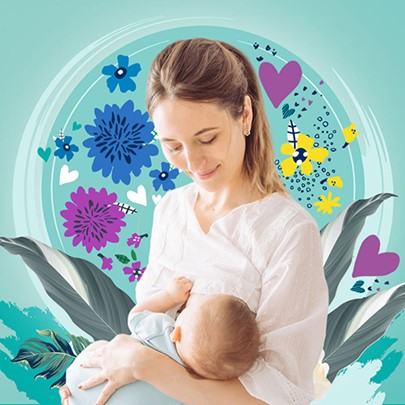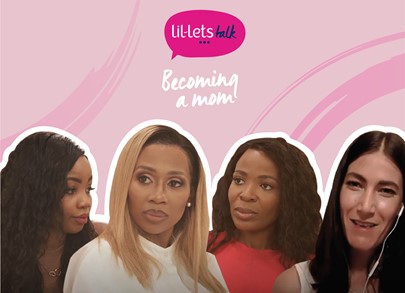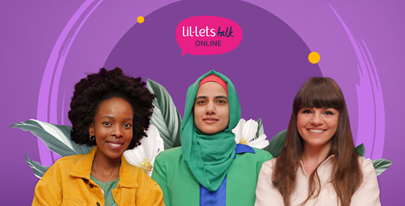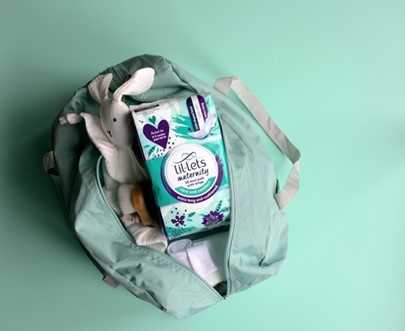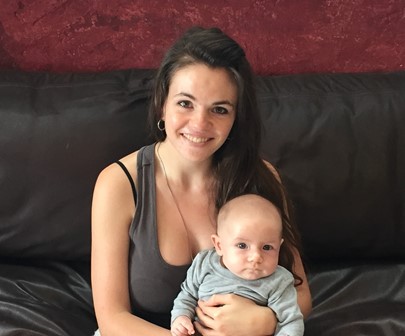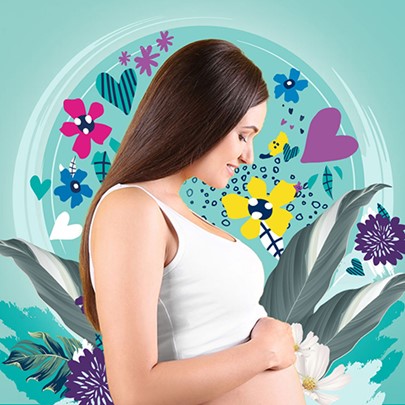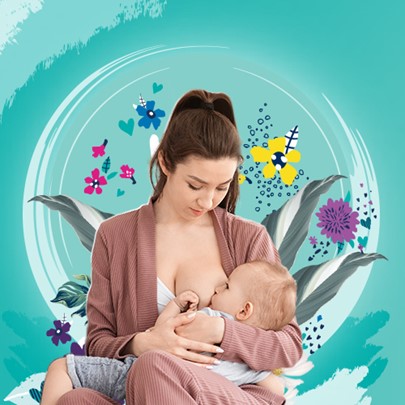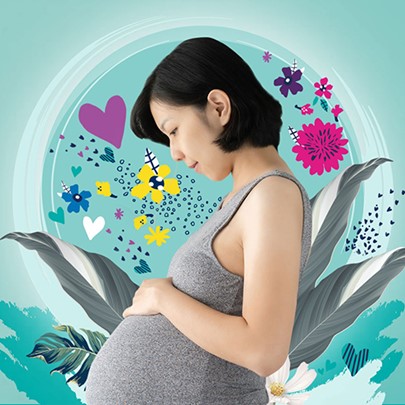Categories
Intimate Hygiene
Discover effective and practical intimate hygiene tips for a healthy and confident you! From daily routines to product recommendations, we've got you covered.
What is incontinence?
Urinary incontinence is the loss of bladder control – and it’s totally normal. Learn more about the condition and how to manage it in this article.
Lil-Lets Talk Is Live
Empowering conversations for all of life's periods. Ready to join us? Simply go to www.lil-letstalk.co.za, sign up to become a member for free, engage in the conversation, and, most importantly, ask the questions you’ve always been too shy to ask. #LilLetsTalk
Bonding With Your Newborn Baby
Join us as moms across the company share the physical and emotional realities of motherhood that aren’t spoken about openly enough.
Becoming A Mom Lets Talk With Dineo Ranaka
Dineo Ranaka is back on the pink couch to discuss the less-talked-about 'fourth trimester'.
Infertility Lets Talk With Fatima Kathrada
Your hosts, Bokang Lehlokoe and Megan Ross, talk all about infertility to pharmacist, researcher and Lil-Lets Talk Responder, Fatima Kathrada.
Vaginal Discharge Lets Talk With Ntsoaki Kotela
Your hosts, Bokang Lehlokoe and Megan Ross, speak to Ntsoaki Kotela about vaginal discharge! What can it tell us about our bodies, and what do all those colours mean?
Vaginal Discharge And How To Deal With It
There’s a lot to know about how to deal with discharge. From what vaginal discharge is to different colour discharge and how to treat it, we’ve got all the answers.
Maternity Hospital Bag Checklist
Here’s an extensive hospital bag checklist to help you welcome your newborn into the world. From breast pads to nappies, preparation is key!
We Need To Talk About Childbirth
Discover real-life stories and experiences of childbirth with Lil-Lets. You can read all about the journey of bringing life into the world.
Postpartum Checklist And Postnatal Planning
Get ready for postnatal planning with our expert tips and comprehensive postpartum checklists. Discover how to prepare for a smooth postpartum recovery.
Body And Period Changes During Pregnancy
It's important to know the ins and outs of your pregnancy so that you're not worried by early pregnancy periods and implantation bleeding. Find out more.
Maternity Pads And Managing Postpartum Bleeding
Find out all you need to know about managing postpartum bleeding with home remedies. Maternity pads can help manage the bleeding until it stops
6 Weeks Postpartum Your New Normal After Pregnancy
Life after giving birth can be tricky to navigate, especially if you're a first-time mom. Join Lil-Lets as we guide you through your 'new normal'.
Recovering After A Miscarriage
Been through a miscarriage? You may have complex emotional, physical and psychological needs right now, and that’s okay. Here, we offer support and resources.
Ovulation and Fertility
Are you thinking about starting a family? Congratulations! Read about all the key factors to consider when planning to conceive.
Bladder Leaks And Understanding Bladder Weakness
Bladder weakness is a common experience, especially for pregnant people. Find out how to manage bladder leaks, AKA incontinence, and take back control.






